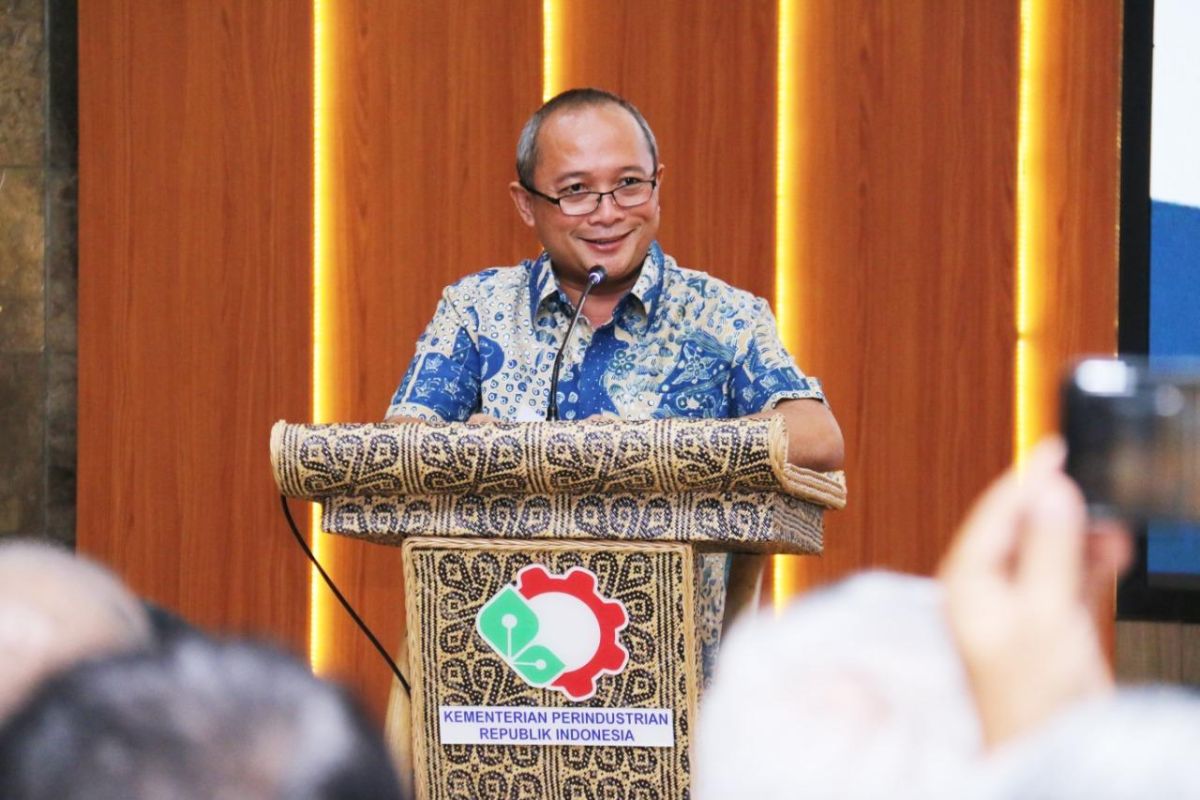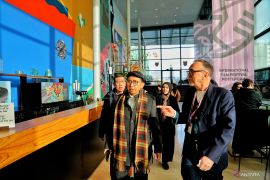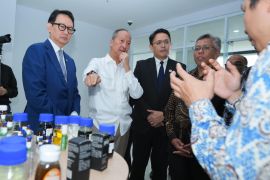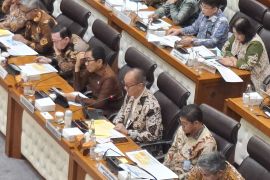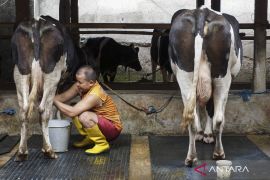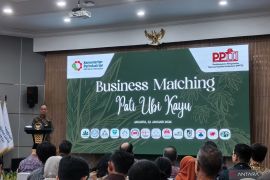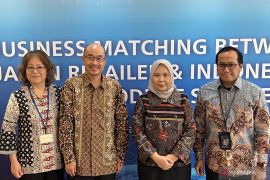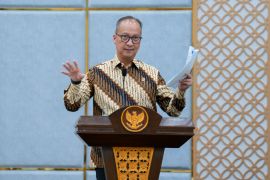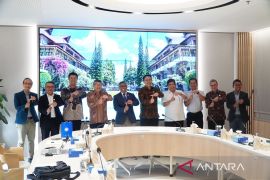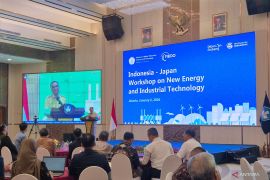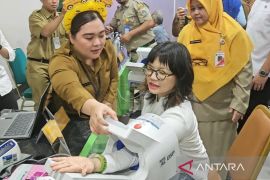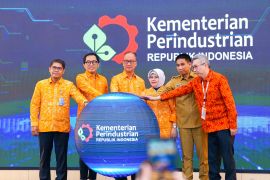The move will encourage development of import substitution and materialize national self-reliance, head of the ministry's research and development agency Doddy Rahadi said in a statement here on Sunday.
"To increase the capability and capacity of our cosmetic industry, one strategy is by optimizing the technology to result an innovation. This is in accordance to our road map of Making Indonesia 4.0 as a preparation toward the industry 4.0 era," Doddy said.
He noted that the agency's unit in chemical and packaging (BBKK) in Jakarta has focused on research on natural-based cosmetic and pharmaceutical material.
"Cosmetic products has become a trend or life style, and women are not the only consumers. In addition, consumers now prefers back-to-nature skincare," he said.
According to Doddy, Indonesia has the advantage compared to other natural-based cosmetic producers such as China, Malaysia and Thailand.
"Indonesia has potential sources of herbal that grow in many regions in which 30 thousand out of 40 thousand herbal species in the world grow in Indonesia. This is potential to be developed with prospective demands in both local and global markets," he remarked.
Data of the Central Bureau of Statistics (BPS) showed that chemical, pharmaceutical, and traditional medicine industries (including cosmetics) have recorded 5.59 percent of growth in the first quarter of 2020.
The industries have contributed significantly to the country's foreign exchange revenue with export reached US$317 million in the first semester of 2020 or increase 15.2 percent compared to that of 2019 despite pressures from the COVID-19 pandemic.
"This has indicated that Indonesia's pharmaceutical industry has grown fast and is capable to supply some 70 percent of domestic drug demand," Doddy said.
Related news: Indonesia's cosmetic industry to grow nine percent
Related news: Researchers to standardize herb medicinal properties
Translator: Sella PG, Sri Haryati
Editor: Rahmad Nasution
Copyright © ANTARA 2020
